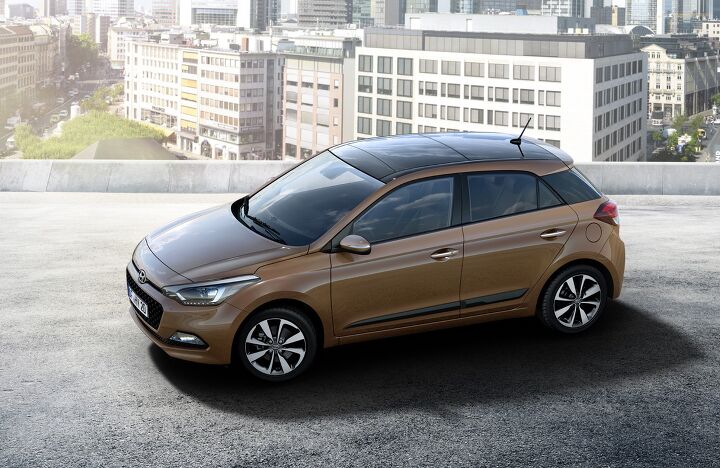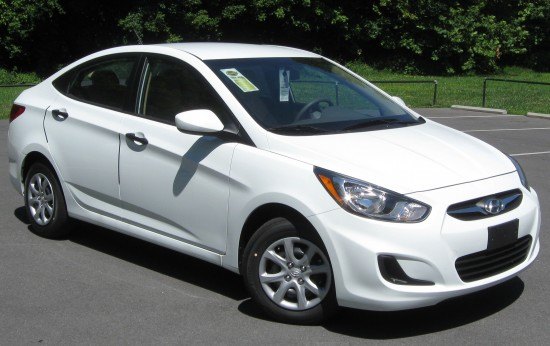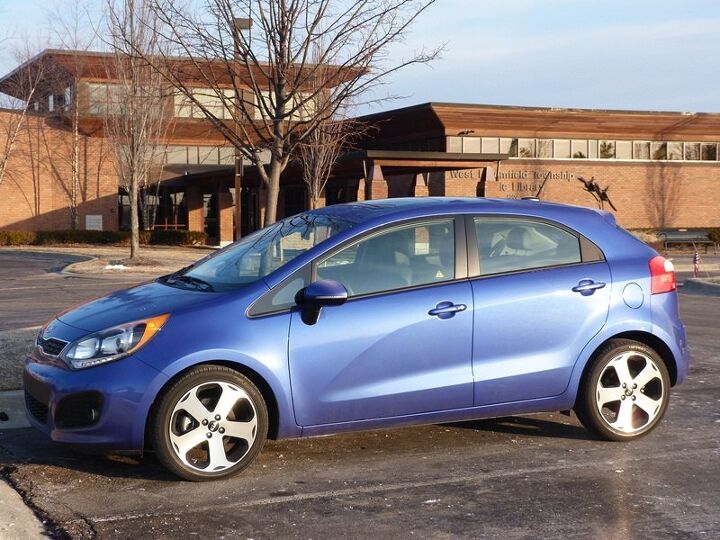#HyundaiAccent
Hyundai's Euro Subcompact Has A Turkish Accent
While we get the Hyundai Accent, Europe and other world markets get the i20, seen above.
Auction Day : Pullin' A 1080
Auto enthusiasts often dream of taking an exotic car through some of the nicest stretches of winding roads the world can offer.
Hairpin turns… beautiful smooth roads…. nice scenery… and all the power and finesse one can summon in a car made for the perfection of that very moment.
Ferrari, Porsche, Lamborghini, the list of great cars serving this unique purpose of vehicular bliss is as long as the opportunity is unique. Even the most frugal of gearheads want to experience this thrill sometime between now and their eventual nirvana.
But then again, I may be completely wrong on all of this. Actions speak louder than words in the enthusiast community, and what I find inside a lot of gearhead garages looks a bit like…
Hyundai/Kia Fuel Economy Lawsuits In Motion, Compensation Could Total $100 Million
Well, we knew this one was inevitable. A compliant filed in Ohio court against Hyundai and Kia due to their overly optimistic fuel economy claims.
B&M Shifters On The Way For Hyundai Accent, Veloster
Hyundai doesn’t get every bit of a car perfect before introducing it. No auto maker does. But Hyundai does pay attention to feedback from reviewers and owners, and often upgrades its cars in response to criticism. Only in its fourth model year, the Genesis Coupe already has had its interior upgraded twice.
Review: 2012 Kia Rio SX Take Two
For members of the North American Small Car Love Association, this might seem to be a golden age. Lately every manufacturer (with the notable exception of Volkswagen) seems to be taking the B-segment seriously. GM, Ford, Toyota, Nissan, Mazda, Hyundai, and Kia have all recently introduced new or substantially redesigned models. Yet, amidst this orgy, where’s the love? With so many new cars, why aren’t we lusting after ANY of them? Case in point: the 2012 Kia Rio SX.




















Recent Comments